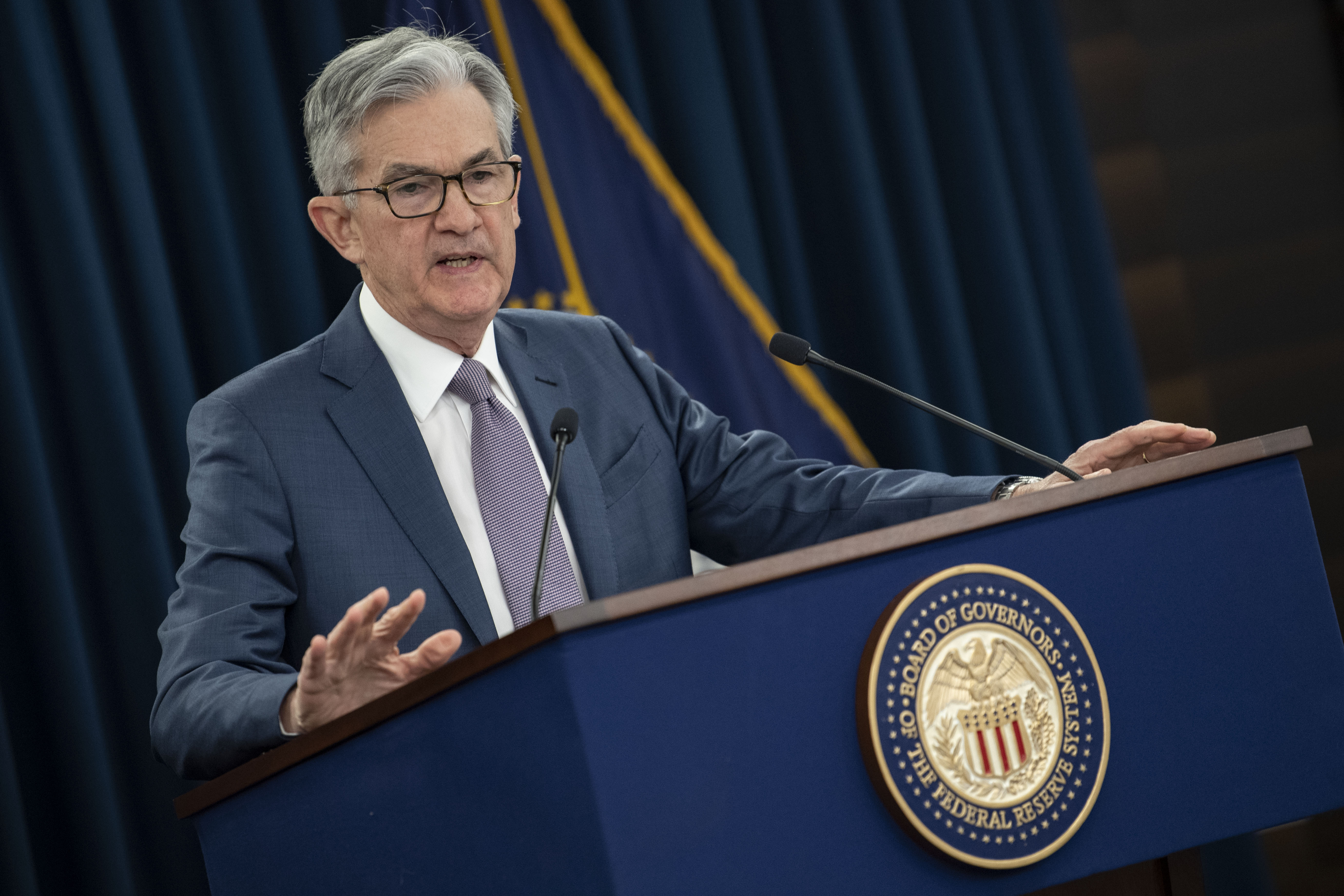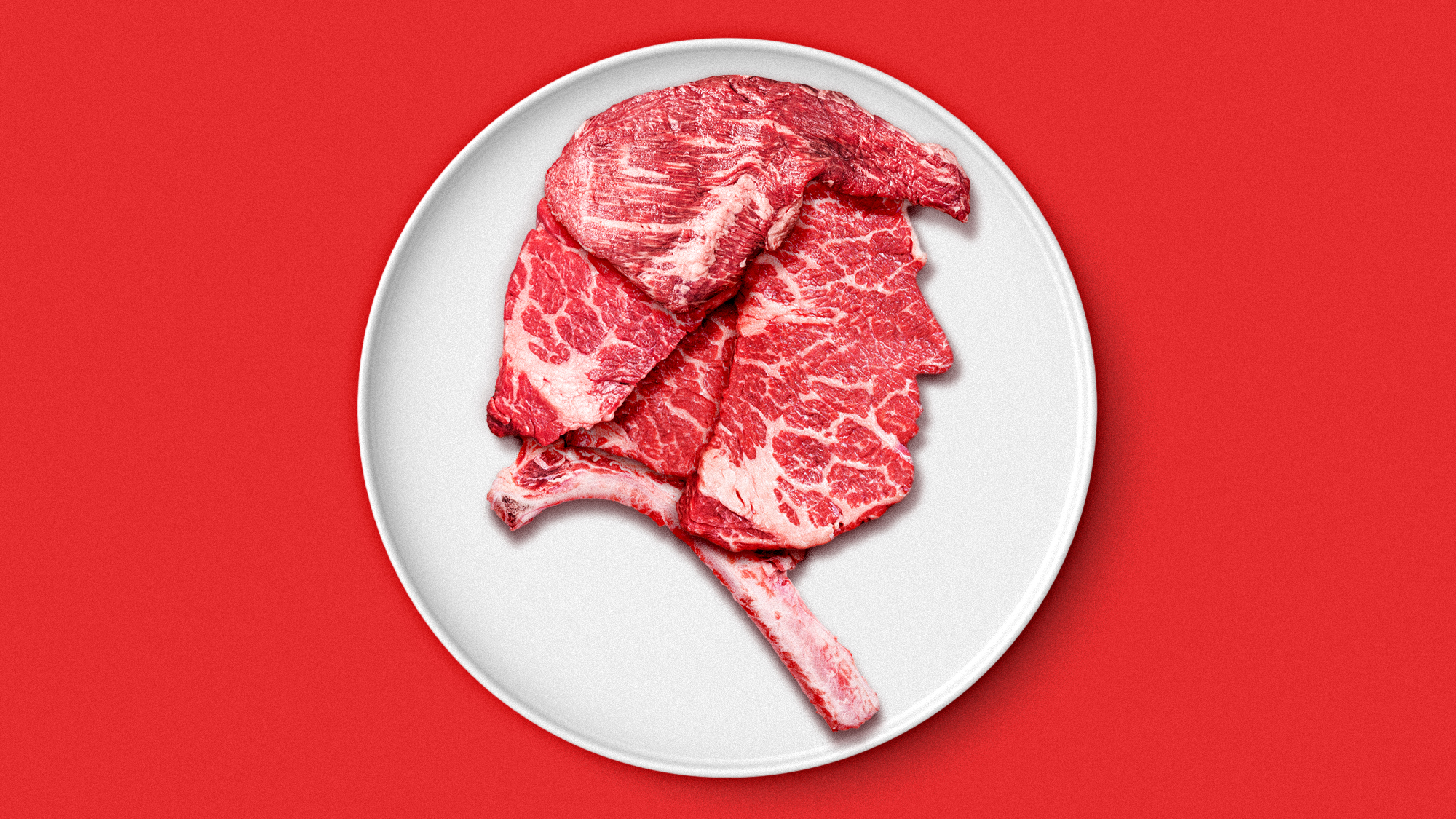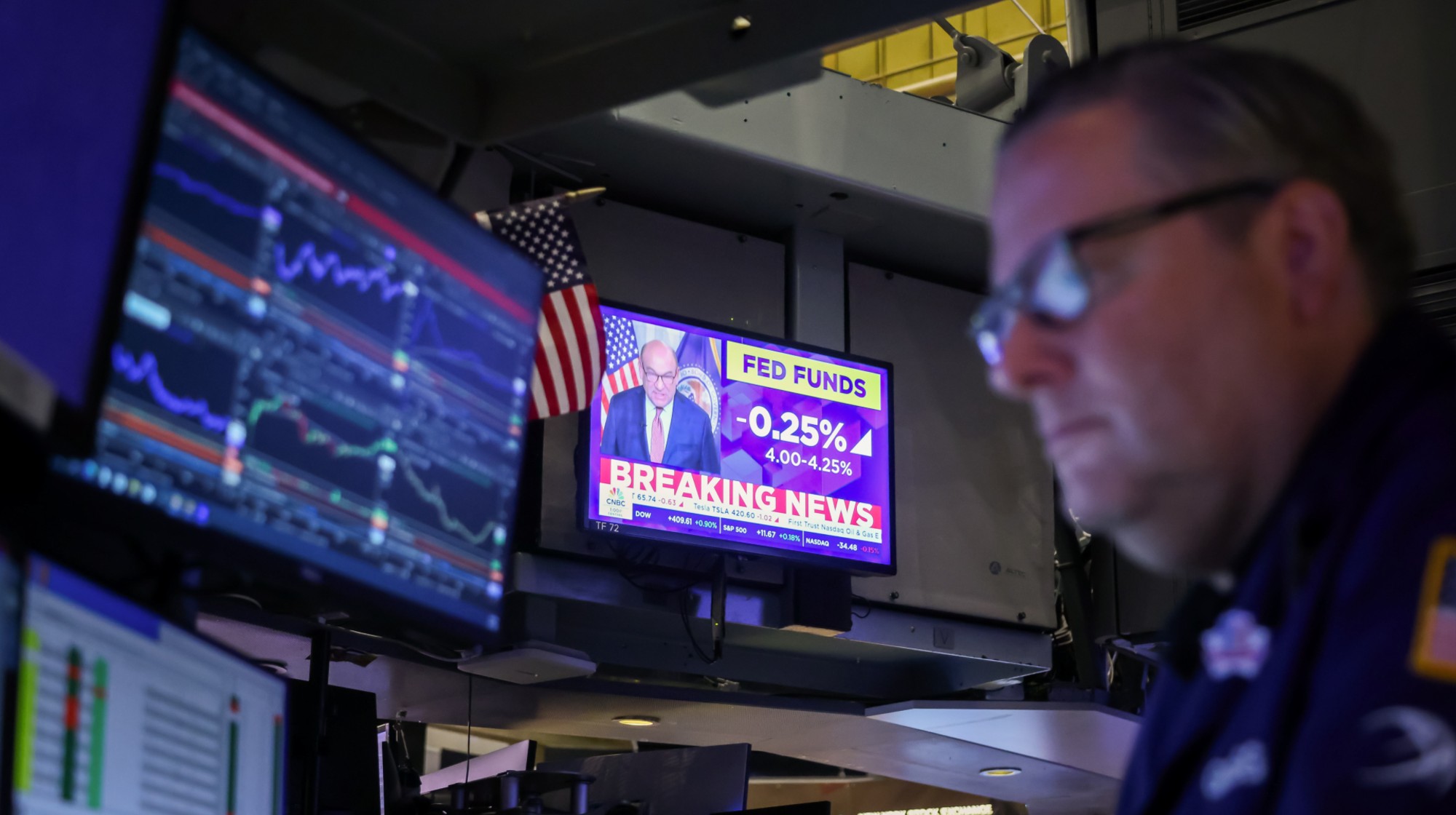The Fed looks for a soft landing
Can Jerome Powell bring inflation under control?

A free daily email with the biggest news stories of the day – and the best features from TheWeek.com
You are now subscribed
Your newsletter sign-up was successful
The smartest insight and analysis, from all perspectives, rounded up from around the web:
In his first term, the Federal Reserve's chairman, Jerome Powell, deftly navigated Donald Trump's presidency and "the onset of a global pandemic," said John Cassidy in The New Yorker. "His second term may well turn out to be an even bigger challenge." So far, many of the choices made by the central bank have been prescient. The Fed's decision, early in the pandemic, "to cut short-term interest rates to zero and pump more than a hundred billion freshly minted dollars into the bond markets every month has succeeded in getting the economy through some very dark times." Now, with inflation far above predictions, Powell has turned more hawkish, trying to avoid a spiral of increasing wages and prices. But if "Omicron proves more virulent than Delta, it could have even bigger effects on the economy," making it difficult to pull the Fed's support. Powell must perform a feat that eluded two of his predecessors, Alan Greenspan and Ben Bernanke: engineering "a soft landing for the economy without precipitating a financial crash or a recession."
Four weeks after setting in motion "carefully telegraphed plans to gradually wind down" its bond-buying stimulus program, the Fed already wants to accelerate the process, said Nick Timiraos in The Wall Street Journal. That suggests the Fed is focused "more on restraining inflation and less on encouraging employment." It didn't have to be this way, said Mohamed El-Erian in Bloomberg. Backed by Powell's repeated assurances that inflation was temporary, the Fed continued with pandemic relief programs "at a time when the economy was doing just fine, the housing market was red-hot, and the liquidity-fueled 'everything rally' was showing growing signs of excessive risktaking." So Powell is forced to slam on the brakes, exposing the economy to "a higher risk of an unnecessary, Fed-induced slowdown."
The Week
Escape your echo chamber. Get the facts behind the news, plus analysis from multiple perspectives.

Sign up for The Week's Free Newsletters
From our morning news briefing to a weekly Good News Newsletter, get the best of The Week delivered directly to your inbox.
From our morning news briefing to a weekly Good News Newsletter, get the best of The Week delivered directly to your inbox.
Covid still has a big say in where the economy is headed, said Catherine Rampell in The Washington Post. The nation's employers added just 210,000 jobs in November, missing forecasts by a wide margin. Wages are rising and there are plenty of jobs available. But Americans are still deeply affected by COVID, which is intermittently closing down schools and child care centers, a reason why more women than men remain on the sidelines. The emergence of Omicron could lead to "more worker absences, withdrawals from the labor force, and temporary shutterings of schools." Yet again, the key to solving our economic issues is "solving the public health one first."
One worry about Omicron is that it "could exacerbate companies' supply-chain and hiring problems, pushing up prices as a result," said Justin Lahart in The Wall Street Journal. That would make for an ugly combination of inflation and economic slowdown. The difference between Omicron and earlier Covid waves, though, is that it's not likely it will trigger "a fourth round of stimulus payments." If Omicron makes Americans less willing to spend, it might actually help tame inflation and ease the pressures that bedevil Powell and the Fed.
This article was first published in the latest issue of The Week magazine. If you want to read more like it, you can try six risk-free issues of the magazine here.
A free daily email with the biggest news stories of the day – and the best features from TheWeek.com
-
 Is Andrew’s arrest the end for the monarchy?
Is Andrew’s arrest the end for the monarchy?The King has distanced the Royal Family from his disgraced brother but a ‘fit of revolutionary disgust’ could still wipe them out
-
 Quiz of The Week: 14 – 20 February
Quiz of The Week: 14 – 20 FebruaryQuiz Have you been paying attention to The Week’s news?
-
 The Week Unwrapped: Do the Freemasons have too much sway in the police force?
The Week Unwrapped: Do the Freemasons have too much sway in the police force?Podcast Plus, what does the growing popularity of prediction markets mean for the future? And why are UK film and TV workers struggling?
-
 Will Trump’s 10% credit card rate limit actually help consumers?
Will Trump’s 10% credit card rate limit actually help consumers?Today's Big Question Banks say they would pull back on credit
-
 What will the US economy look like in 2026?
What will the US economy look like in 2026?Today’s Big Question Wall Street is bullish, but uncertain
-
 Is $140,000 the real poverty line?
Is $140,000 the real poverty line?Feature Financial hardship is wearing Americans down, and the break-even point for many families keeps rising
-
 Fast food is no longer affordable for low-income Americans
Fast food is no longer affordable for low-income AmericansThe explainer Cheap meals are getting farther out of reach
-
 Why has America’s economy gone K-shaped?
Why has America’s economy gone K-shaped?Today's Big Question The rich are doing well. Everybody else is scrimping.
-
 From candy to costumes, inflation is spooking consumers on Halloween this year
From candy to costumes, inflation is spooking consumers on Halloween this yearIn the Spotlight Both candy and costumes have jumped significantly in price
-
 Why are beef prices rising? And how is politics involved?
Why are beef prices rising? And how is politics involved?Today's Big Question Drought, tariffs and consumer demand all play a role
-
 Fed cuts interest rates a quarter point
Fed cuts interest rates a quarter pointSpeed Read ‘The cut suggests a broader shift toward concern about cracks forming in the job market’